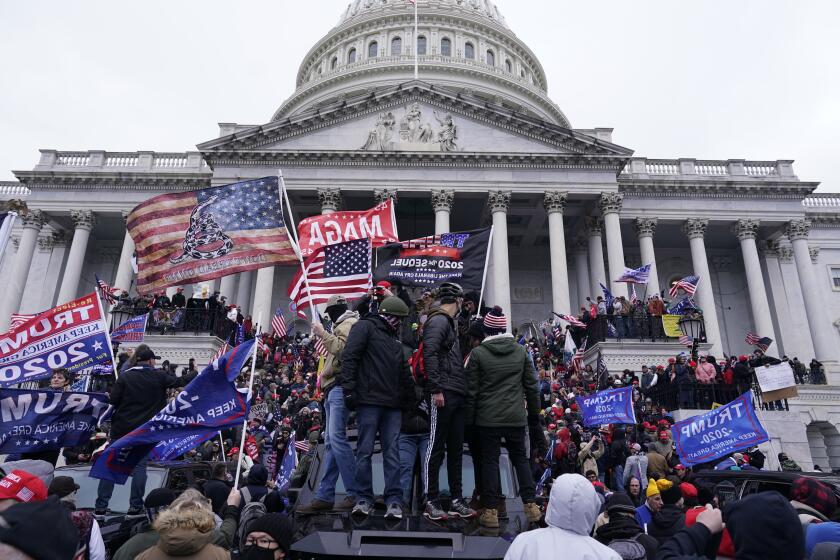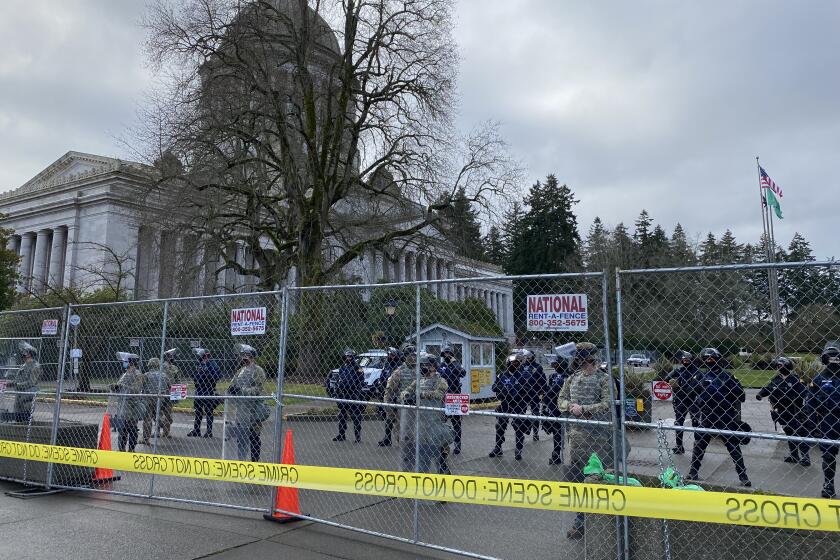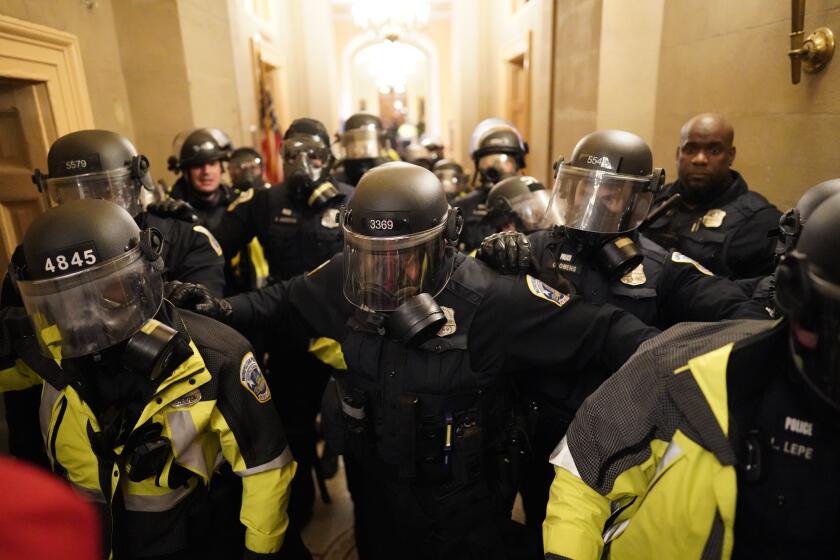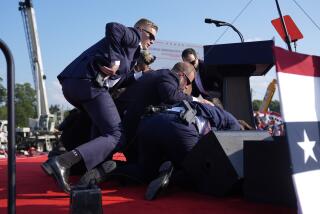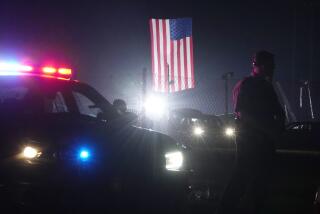FBI vets National Guard troops in Washington amid fears of insider attack
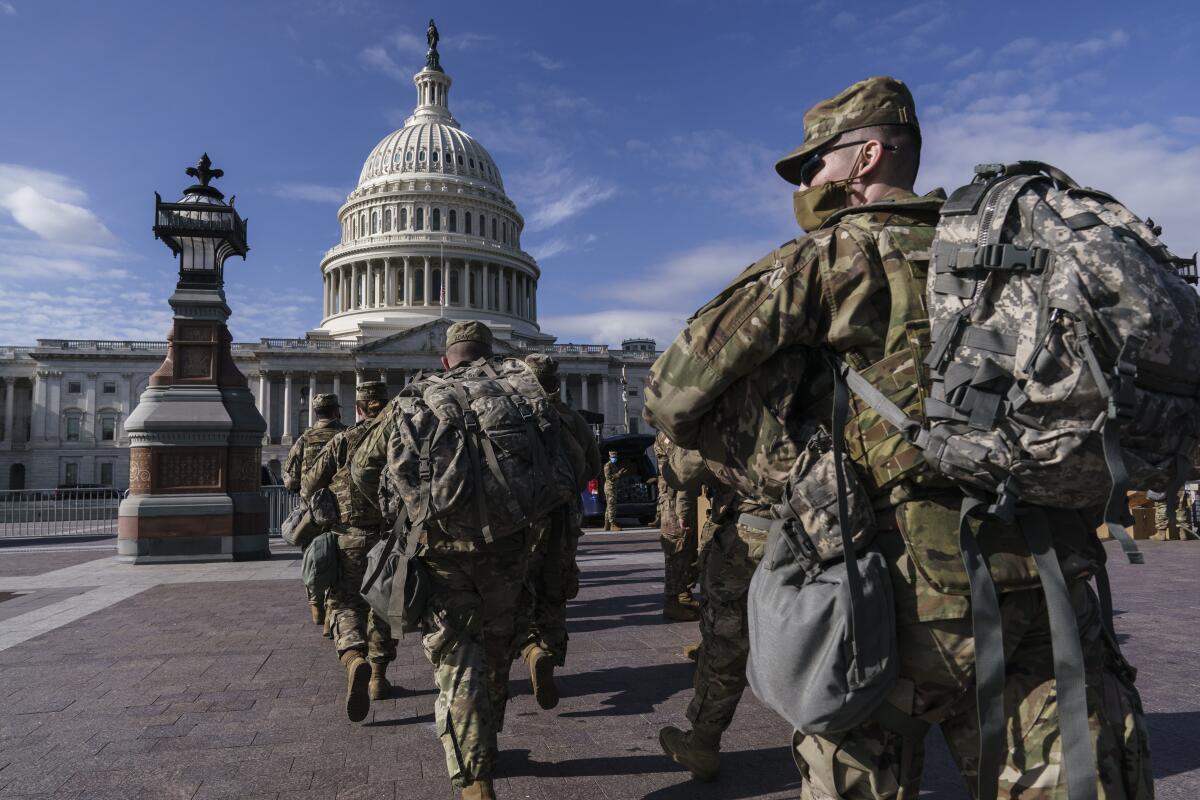
WASHINGTON — U.S. defense officials say they are worried about an insider attack or other threat from service members involved in securing President-elect Joe Biden’s inauguration, prompting the FBI to vet all of the 25,000 National Guard troops coming into Washington for the event.
The massive undertaking reflects the extraordinary security concerns that have gripped the nation’s capital following the deadly Jan. 6 insurrection at the U.S. Capitol by pro-Trump rioters. And it underscores fears that some of the very people assigned to protect the city over the next several days could present a threat to the incoming president and other VIPs in attendance.
Army Secretary Ryan McCarthy told the Associated Press on Sunday that officials are conscious of the potential threat, and he warned commanders to be on the lookout for any problems within their ranks as the inauguration approaches. So far, he and other leaders say they have seen no evidence of any threats, and officials said the vetting hadn’t flagged any issues that they were aware of.
”We’re continually going through the process, and taking second, third looks at every one of the individuals assigned to this operation,” McCarthy said in an interview after he and other military leaders went through an exhaustive, three-hour security drill in preparation for Wednesday’s inauguration. He said National Guard members were also receiving training on how to identify potential insider threats.
About 25,000 members of the National Guard are streaming into Washington from across the country — at least two and a half times the number for previous inaugurals. While the military routinely reviews service members for extremist connections, the FBI screening is in addition to any previous monitoring.
Multiple officials said the process began as the first Guard troops began deploying to Washington more than a week ago. They said it was scheduled to be completed by Wednesday. Several officials discussed military planning on condition of anonymity.
Why so many military veterans and former and current police officers support — and take part in — far-right groups and protests, including the Jan. 6 Capitol riot.
“The question is, is that all of them? Are there others?” said McCarthy. “We need to be conscious of it, and we need to put all of the mechanisms in place to thoroughly vet these men and women who would support any operations like this.”
In a situation like this, FBI vetting would involve running peoples’ names through databases and watchlists maintained by the bureau to see if anything alarming comes up. That could include involvement in prior investigations or terrorism-related concerns, said David Gomez, a former FBI national security supervisor in Seattle.
Insider threats have been a persistent law-enforcement priority in the years after the 9/11 attacks. In most cases, the threats are from homegrown extremists radicalized by Al Qaeda, Islamic State or similar groups.
By contrast, the threats against Biden’s inauguration have been fueled by supporters of President Trump, far-right militants, white supremacists and other radical groups. Many believe in Trump’s baseless accusations that the election was stolen from him, a claim rejected by many courts, the Justice Department and Republican officials in key battleground states.
Law enforcement officers ring state capitol buildings nationwide, bracing for protesters and attempted repeats of the storming of the U.S. Capitol last week.
The Jan. 6 insurrection at the Capitol began after Trump made incendiary remarks at a rally earlier in the day. According to McCarthy, service members from across the military were at that rally, but it’s not clear how many were there or who may have participated in the breach at the Capitol. So far only a couple of current active-duty or National Guard members have been arrested in connection with the Capitol assault, which left five people dead.
Gen. Daniel R. Hokanson, chief of the National Guard Bureau, has been meeting with Guard troops as they arrive in Washington and as they gather downtown. He said he believes that there are good processes in place to identify any potential threats.
“If there’s any indication that any of our soldiers or airmen are expressing things that are extremist views, it’s either handed over to law enforcement or dealt with [by] the chain of command immediately,” he said.
The insider threat was just one of the security concerns voiced by officials Sunday as dozens of military, National Guard, law-enforcement and city officials and commanders went through a security rehearsal in northern Virginia. As many as three dozen leaders lined tables that ringed a massive color-coded map of Washington projected onto the floor. Behind them were dozens more National Guard officers and staff, with their eyes trained on additional maps and charts displayed on the wall.
Filings in criminal cases around the storming of the U.S. Capitol show those charged were not just fringe radicals but also people with otherwise respectable public reputations, raising alarm over the extent of the radicalization that led to the attack.
The Secret Service is in charge of event security, but there is a wide variety of military and law-enforcement personnel involved, including the National Guard, the FBI, Washington’s Metropolitan Police Department, U.S. Capitol Police and U.S. Park Police.
The major security concern is an attack by armed groups of individuals, as well as planted explosives and other devices. McCarthy said intelligence reports suggest that groups are organizing armed rallies leading up to Inauguration Day, and possibly after that, although few such demonstrations materialized Sunday.
The bulk of the National Guard members will be armed. McCarthy said units are going through repeated drills to practice when and how to use force and how to work quickly with law-enforcement partners. Law-enforcement officers would make any arrests.
He said Guard units were going through “constant mental repetitions of looking at the map and talking through scenarios with leaders so they understand their task and purpose, they know their routes, they know where their friendly adjacent units are, they have the appropriate frequencies to communicate with their law-enforcement partners.”
“This is a national priority. We have to be successful as an institution,” said McCarthy. “We want to send the message to everyone in the United States and for the rest of the world that we can do this safely and peacefully.”
More to Read
Sign up for Essential California
The most important California stories and recommendations in your inbox every morning.
You may occasionally receive promotional content from the Los Angeles Times.
